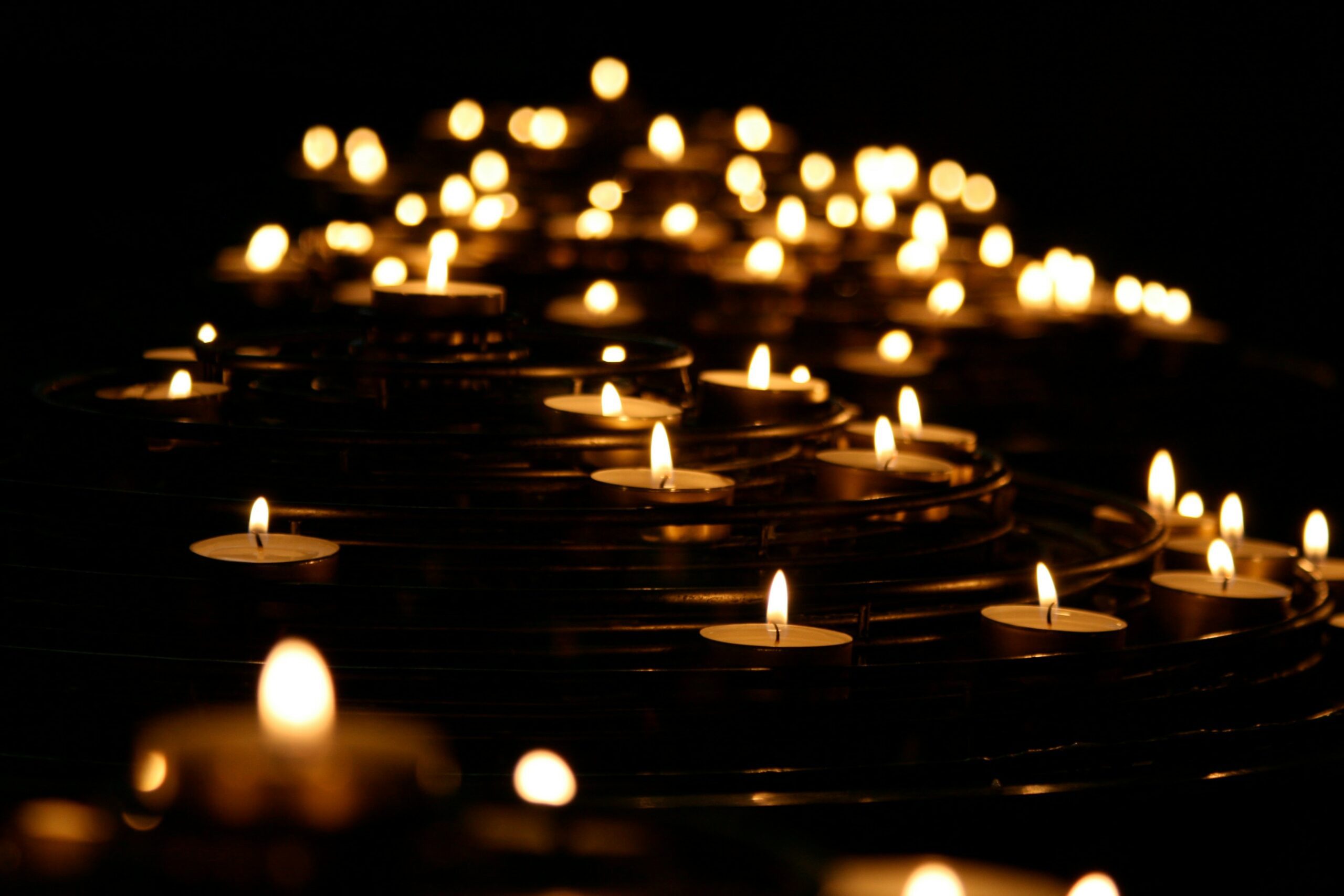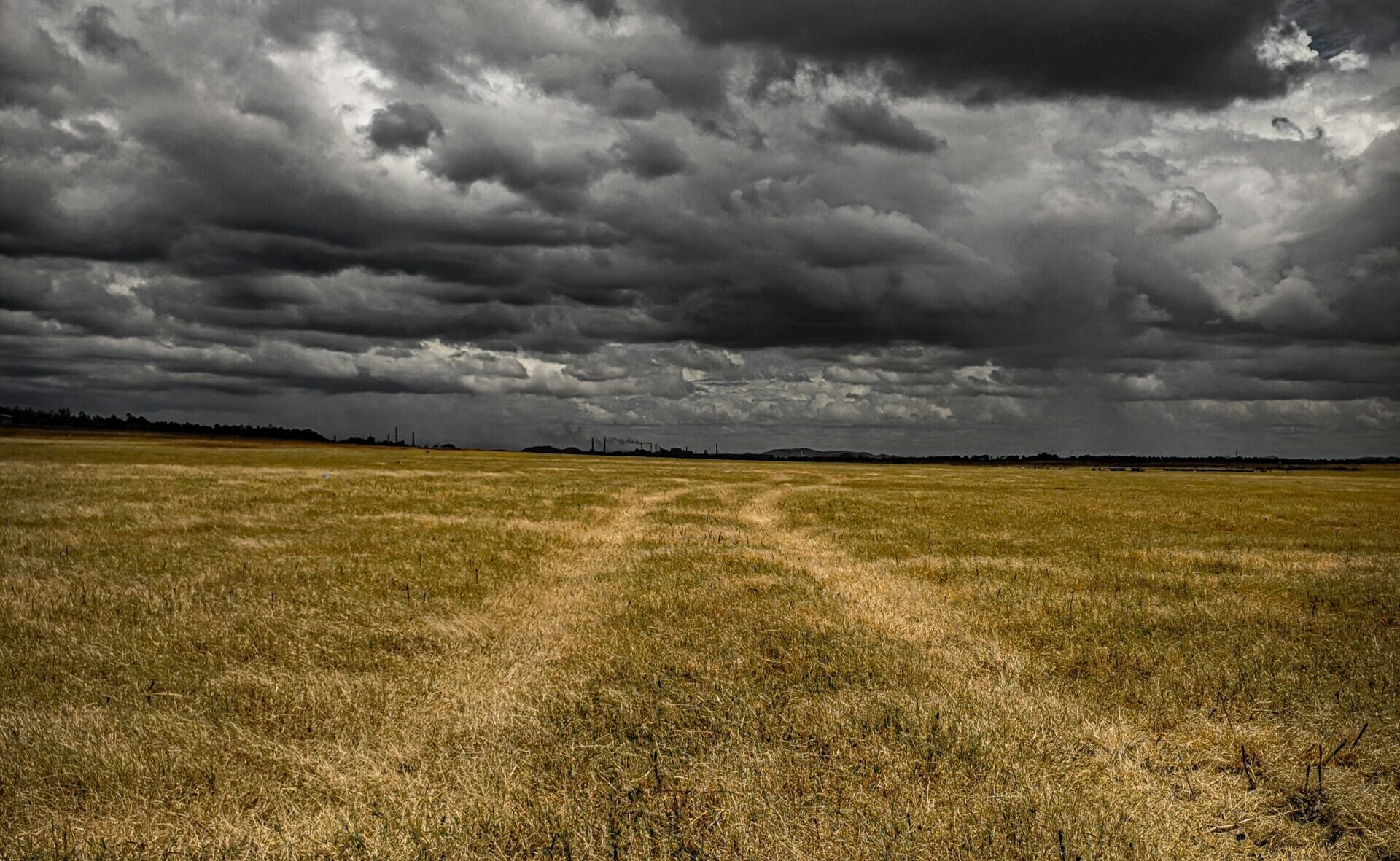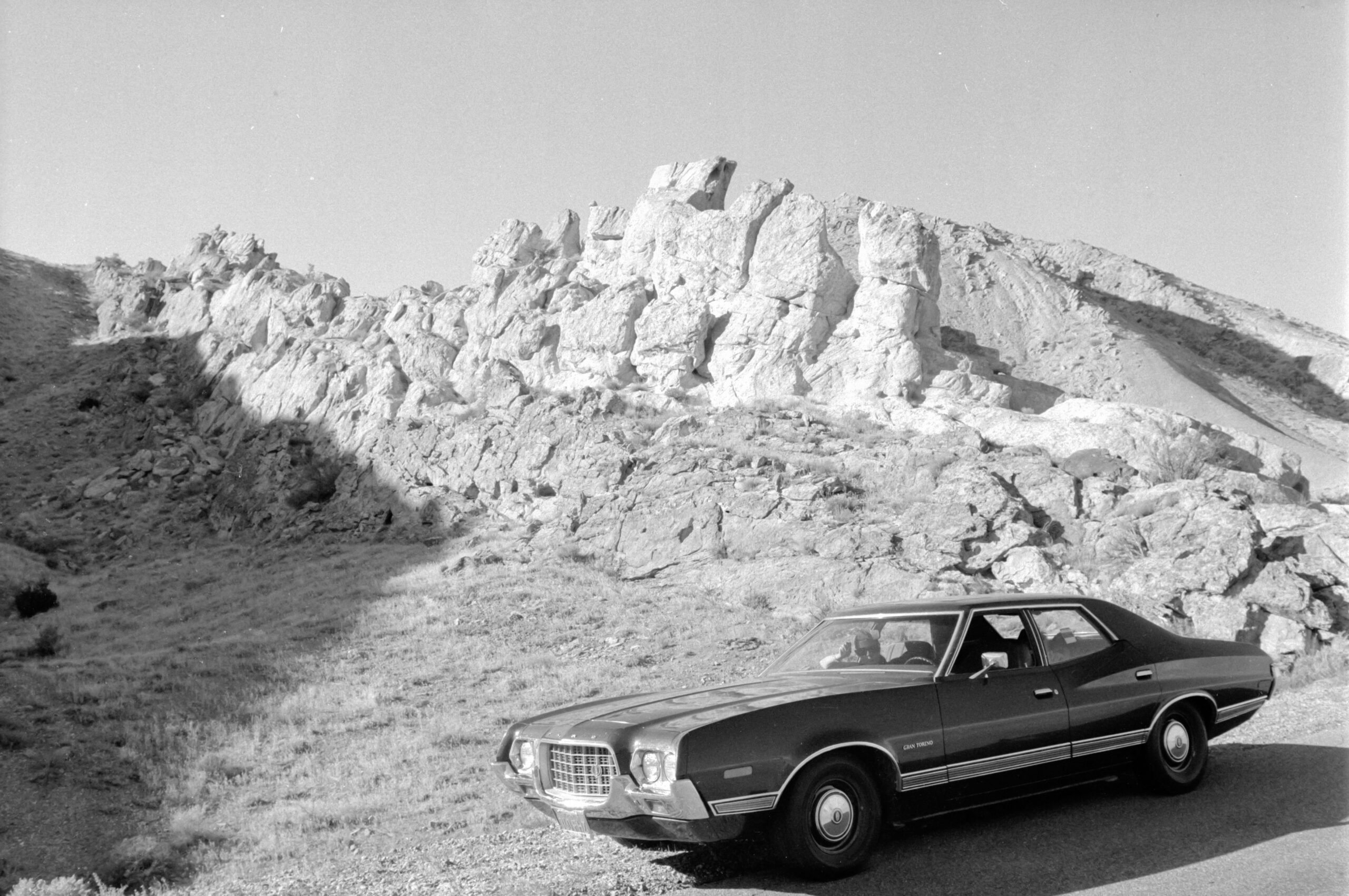[I wrote the following passages in two separate sections over two separate days.] Part I – 2:00 a.m. San Francisco Time, Wednesday, Nov. 14, 2001The call I was dreading came just ten minutes ago – an unhappy, middle-of...
Category - Grandparents
Sticky Seats to Sherman
I used the road and some parallel ones once in 1975 to get from our house in Oklahoma to my aunt’s house in Sherman, TX. My cousins had been staying with us. Our grandparents, in their Ford Torino, took us to...



